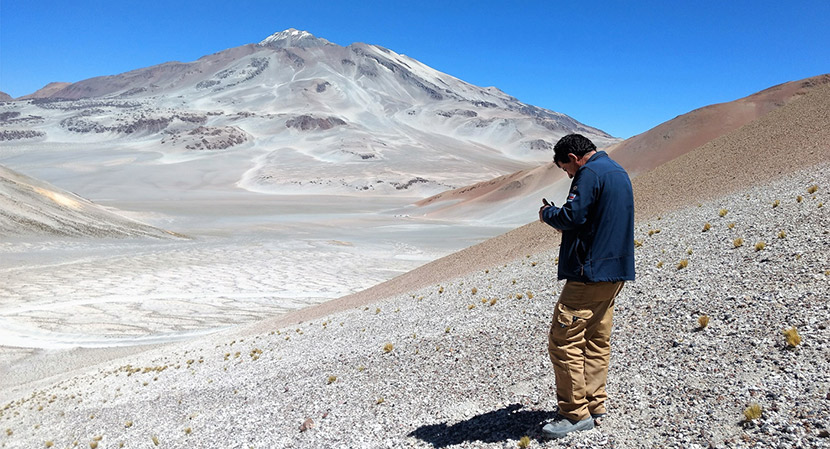Argentina mining chamber says exports up slightly this year, likely flat in 2025

Argentina’s mining exports are expected to rise nearly 6% this year, lifted by more lithium sales as well as higher gold and silver prices, the head of the country’s top mining association said on Wednesday.
Argentina’s mining sector generated $4.06 billion in exports last year, fueled by the battery metal lithium and precious metals gold and silver. Exports this year will likely approach $4.3 billion, said Roberto Cacciola, head of the CAEM mining association.
The two metal types presented contrasting scenarios, he noted. Both gold and silver prices rose this year, helping Argentina offset declining output in aging mines. Lithium prices plunged due to weak demand, but Argentina turned out higher volumes of the white metal, which is used in electric car batteries.
“In gold and silver we will have a smaller quantity of product sold, but we will have more income due to a substantial price improvement,” Cacciola said in an interview.
“In lithium, the situation is the other way around.”
Exports will likely be similar in 2025, he said, depending on how quickly new lithium mines can begin to scale up.
“There’s no big expectation for exports in 2025 that’s not tied to a pricing situation,” Cacciola said.
Argentina’s government is encouraging foreign mining investment as it aims to stabilize the long-troubled economy, and its new Incentive Regime for Large Investments, or RIGI, has been praised by miners developing copper mines.
Those projects, of which six are in advanced stages, will require $25 billion in total investment. Cacciola said he expected to see some projects announce spending plans next year.
He noted that the mines – Argentina’s only copper projects since its last such mine closed in 2018 – can only be built as fast as the water, energy and transportation systems needed to sustain them.
He praised the RIGI incentive scheme, spearheaded by libertarian President Javier Milei, yet said his efforts to attract investment have yet to bear fruit.
“Everyone who intends to invest in Argentina sees a strong cultural change,” he said. “The question is whether this will be consolidated or not.”
(By Lucila Sigal and Daina Beth Solomon; Editing by Alistair Bell)
More News
Contract worker dies at Rio Tinto mine in Guinea
Last August, a contract worker died in an incident at the same mine.
February 15, 2026 | 09:20 am
{{ commodity.name }}
{{ post.title }}
{{ post.date }}




Comments